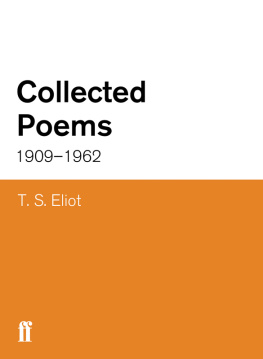The author and publisher have provided this e-book to you for your personal use only. You may not make this e-book publicly available in any way.
Poetry never interested me as a kind of nightingales instinctbut particularly as a problem and a pretext for difficultiesor as a well-defined construction [ ] Nothing seems to me more common or more negligible than the poet reduced to a poet. UNTITLED NOTEBOOK, 1915 In 1896, four years after he stopped writing poetry, Paul Valry published the first of two remarkable texts that broke with the languorous romanticism of the Symbolists and other fin-de-sicle literary movements with which he had been associated.
An Introduction to the Method of Leonardo da Vinci is a complex intellectual fantasy on structure, symmetry, composition, and the psychology of the creative mind. Published a year later,
An Evening with Monsieur Teste is a portrait, evocative of the later works of Kafka and Borges, of a man who has reduced life to pure intellect and a Robinson Crusoelike existence of mental self-sufficiency.
From 1897 to 1917 Valry published nothing more, and his early writings receded into a legend of artistic reserve, their author conflated with his character Teste: I dreamed that the strongest minds, the wisest inventors, the most precise connoisseurs of thought, must have been unknown and selfish men who die without revealing themselves Then in April 1917, Valrys long poem La Jeune Parque, or The Young Fate, appeared as if out of nowhere in the window display of the publisher Gallimard. Classical rhymed couplets dissimulate an impressionist weave of abstract images: My desire, Valry wrote in a letter, has been to put, in flashes perhaps, in a nearly classical form and language, images that are entirely modern. The poem stands with Eliots The Waste Land and Rilkes Duino Elegies as a boundary stone where the old culture passes into the new. Three years later he published the Album de vers anciens (Album of Early Verse), and two years later, Charmes (Charms). A boundary stone can be seen as a beginning or an end; the formal perfection of Valrys mature poems was already an anachronism in an age that had tasted Apollinaire and Dada. The Young Fate and the two collections that followed established Valrys reputation as the last master of classical French verse, culmination of the Symbolists and a line of descent through Mallarm back to Baudelaire, the final inheritor of Racines sonorous line and Victor Hugos lyric intensity.
Very soon he was elevated to the rank of an eminently public figure, the icon of the poet. At the same time, he ceased in a sense to be a poet: after the second edition of Charms, from 1926, he published thousands of pages of writing but no new verse of any consequence. Valry devoted the prolific last decades of his life to writing volumes of essays, introductions, public addresses, poetic dialogues, on every imaginable topic. He wrote effortless and brilliant pages on politics, culture, philosophy, aesthetics, architecture, art, and dance and, of course, on literature and poetry. The neoclassicism of his formal masterpieces, the analytical lucidity of his essays, the extremes of reason and method of Monsieur Teste coalesced into the image of the supremely self-conscious poet. S. S.
Eliot famously wrote, will remain for posterity the representative poet, the symbol of the poet, of the first half of the twentieth centurynot Yeats, not Rilke, not anyone else. The works that most contributed to this image were undoubtedly his collections of prose fragments. Beginning discreetly around 1919, then in earnest in the 1920s after all his important lyric poems had appeared and the energy that produced them seemed spent, he began publishing short books with titles such as Rhumbs, Poetry in the Rough, Little Studies, Instants, Lost Poetry, that were then collected into longer ones, Tel Quel, Mlanges They seemed, at first reading, to be collections of prose poems in the tradition of Rimbaud, fragments of poetic vision, observations on the poetic process, aphorisms and remarks on language and thought, thoughts and impressions, as Valry himself once called them with deceptive simplicity. In the prefaces of these little volumes, he expresses a deep reticence, reminiscent of Monsieur Teste, to publish what he presents as hastily prepared and arbitrarily ordered material. There is also a constant concern with being misunderstood by his readers. Exactly how they were being misunderstood only became clear decades later.
Yet the clues were there, for instance in the preface to Analects (1926), where he writes: For thirty years I have been keeping the journal of my experiments. No sooner risen from my bed, before the day, in the first dawn, between the lamp and the sun, a pure and profound hour, I have the custom of writing whatever follows from its own invention. The idea of another reader is entirely absent from these moments Others make books; I am making my mind. ALGOL, 1902 Behind the published works, behind the uneventful life of the almost forgotten and then exceedingly famous poet, there hides another story, a private life of the mind, that has its record in 28,000 pages of notebooks revealed in their entirety only after his death. Their existence had been hinted at, of course, evoked in rumors and literary asides; but once made public it took years for their significance to be fully appreciated. It turned out that the prose fragments published in Valrys lifetime were not what they had been taken to be: they were not after-the-fact musings of an accomplished poet, nor his occasional sketchbook, nor excerpts from his private journal. They were a disfigured glimpse of a vast and fragmentary exercise of thought, a restless intellectual quest as unguided and yet as persistent, as rigorous, and yet as uncontainable as the sea which is so often their subject.
The poems themselves, mere exercises of literature, were the necessary accidents, the glance of sunlight on the multifaceted waves of that same swell. For a writer profoundly nourished on ideas of architecture and music, whose poems are marvels of form and space, his inevitable inability to find a form for this greatest of his works represents perhaps the essential contradiction of his life. To publish, one day, this investigation, it would be better to do it in the form: I did this and that. A novel if you prefer, or if you prefer a theory. The theory of oneself.TABULAE MEAE TENTATIONUM, 1897 - 1899 Reviewing a biography of the Swedish scientist and mystic Emanuel Swedenborg in 1936, Valry writes: I saw emerging from chapter to chapter the extraordinary Novel of a second life,I say novel because during my reading I naively experienced that intense desire for sequence, that thirst for development, which normally seizes us only with those productions whose purpose is to evince the delights of adventure for my particular tastes, there is no voyage to the frontiers of reality, no fantastic tale, no epic or dramatic narrative more powerful than the study of the inexhaustible creator and universal transformer that we call the

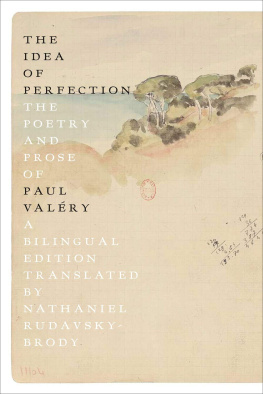

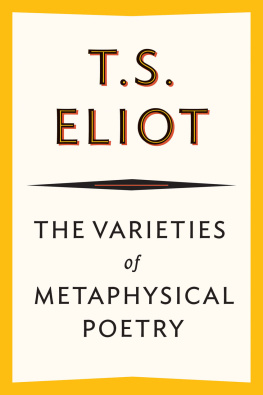
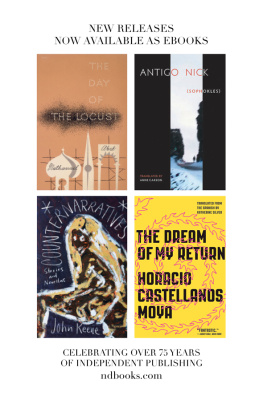
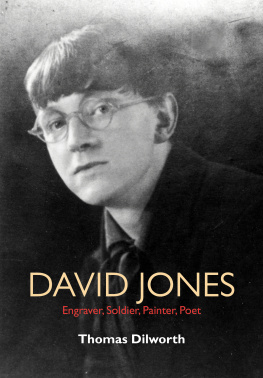
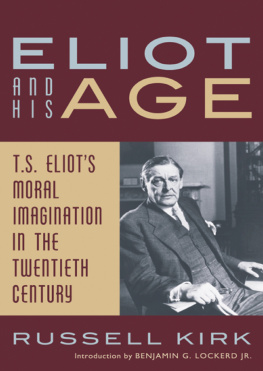
![Paul Muldoon [Paul Muldoon] - Poems 1968-1998](/uploads/posts/book/83661/thumbs/paul-muldoon-paul-muldoon-poems-1968-1998.jpg)
